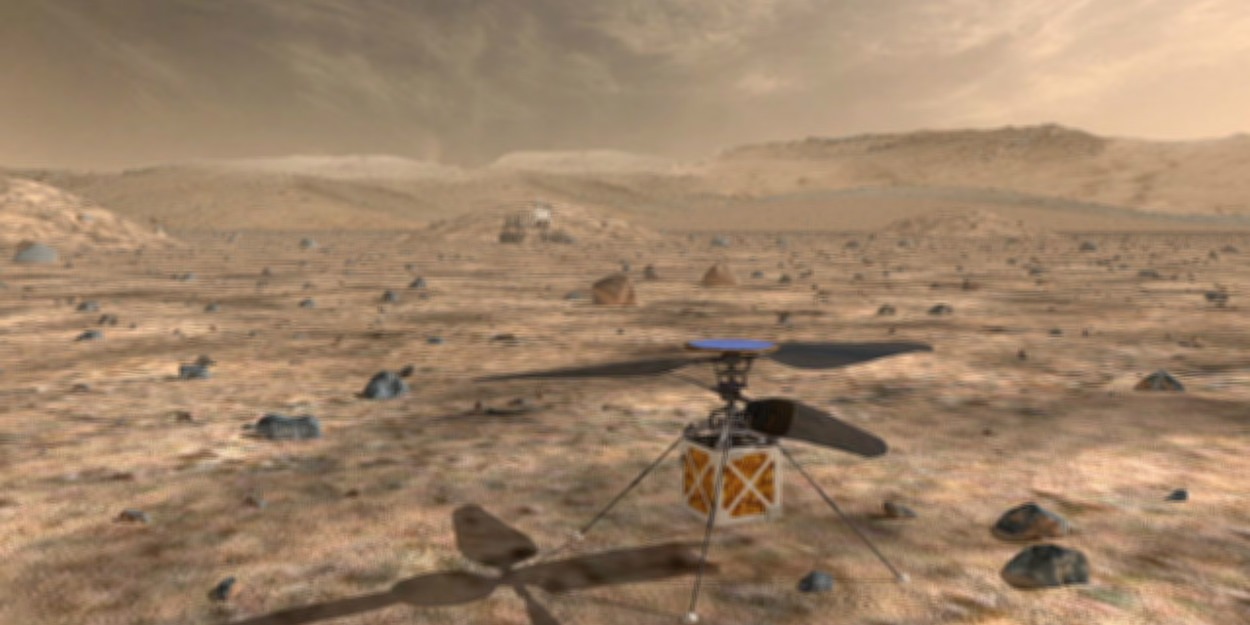The Emirati probe "Al-Amal" (Hope), the first Arab space mission to the planet Mars, took off on Monday from the Tanegashima space center (southwest of Japan), after two postponements of its departure last week due to the bad weather.
"The number 42 H-IIA launcher carrying the Hope mission to the Emirates (...) took off at 06:58 and 14 seconds Japanese time" (Sunday 21:58 GMT), according to a press release from Mitsubishi Heavy Industries, the Japanese company in charge to launch the probe, which was broadcast live online. Five minutes after its departure in a radiant sky, the rocket carrying the probe dropped its first thrusters and respected the planned trajectory.
The objective? Establish a human colony on Mars within less than a century
Sarah al-Amiri, deputy director of the project and also minister of advanced technologies of the Emirates, expressed her "indescribable feeling" at the time of takeoff. "This is the future of the United Arab Emirates," she told Dubai TV from the Japanese launch center. An unmanned spacecraft, Al-Amal is expected to begin orbiting Mars by February 2021, marking the 50th anniversary of the unification of the seven principalities that make up the United Arab Emirates. Once there, the probe must circle the red planet for an entire Martian year of 687 Earth days. The objective is to provide a complete and original image of the dynamics of time in the atmosphere of Mars.
The Emirates program inaugurates this summer a real rush towards Mars, since two other unmanned missions, one Chinese, the other American, must soon leave for this planet because of a favorable window of fire from Earth. Best known for their immense reserves of oil and natural gas, their skyscrapers and their taste for luxury, the United Arab Emirates aspire to become a major player in the field of science and technology. Last September, Hazza al-Mansouri thus became the first Emirati sent into space, alongside a crew of three on board a Russian Soyuz rocket. The astronaut is also the first Arab citizen to visit the International Space Station (ISS). The ambitions of the wealthy Gulf State go even further since it plans to establish a human colony on Mars within less than a century. In order to prepare for it, he plans to create a "scientific city" in the desert on the outskirts of Dubai, to simulate Martian conditions and develop the technology necessary to colonize the red planet.

